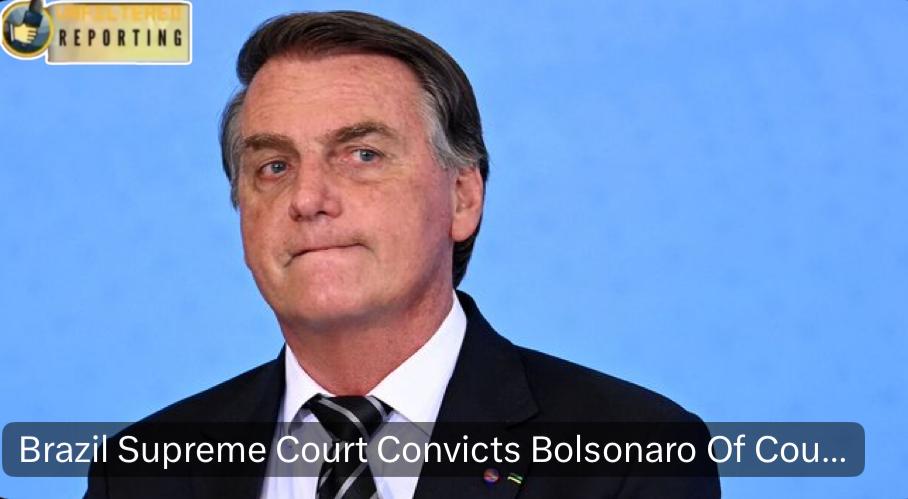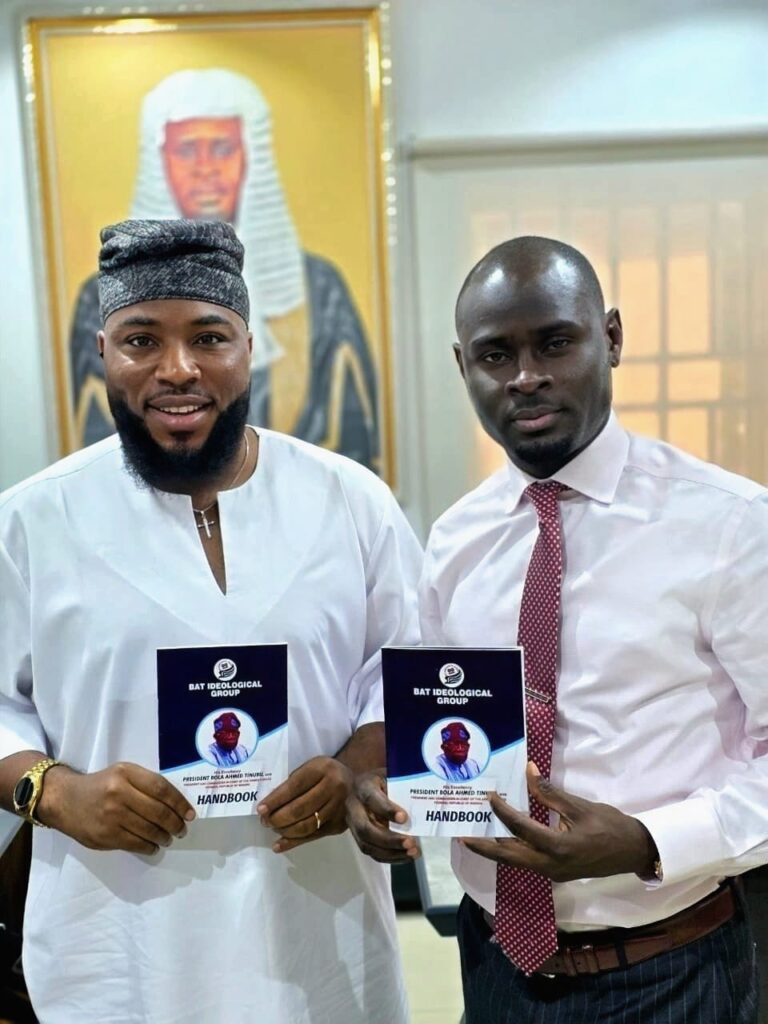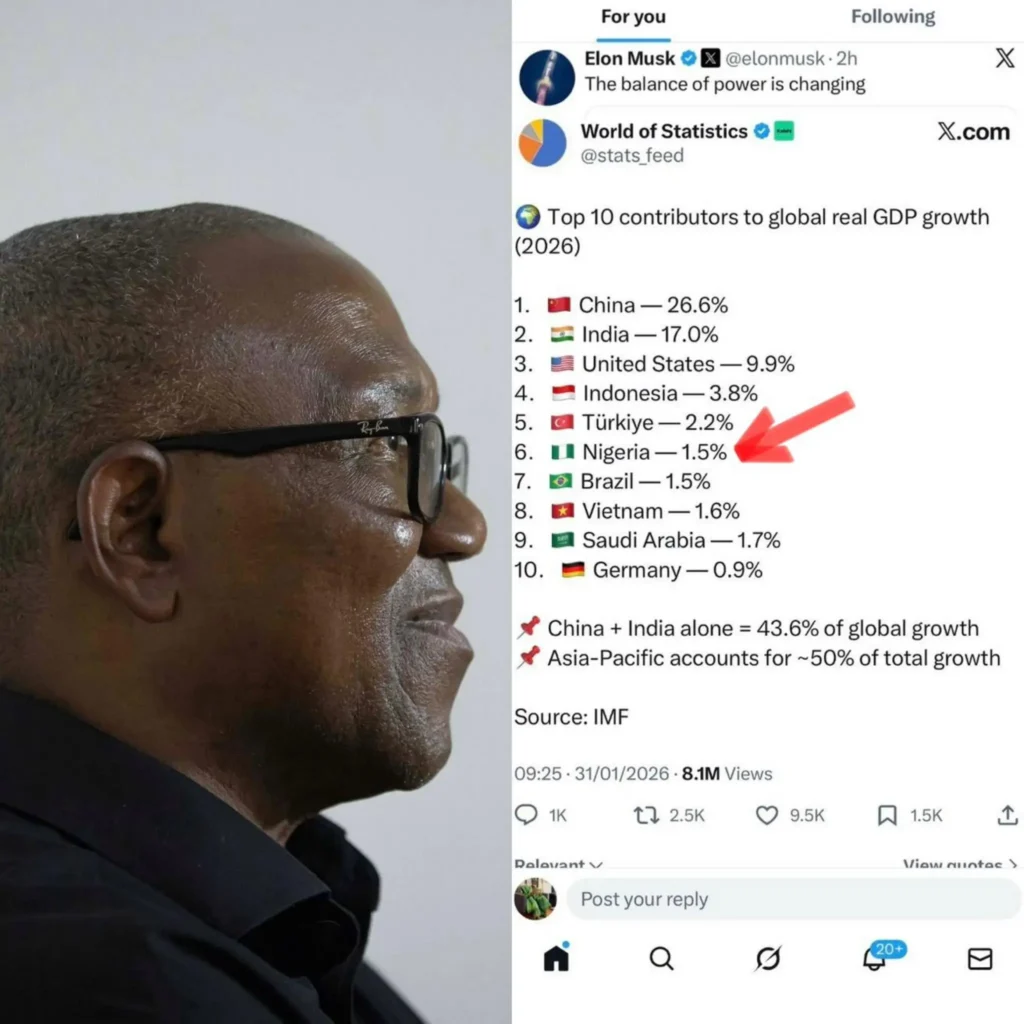Brazil’s Supreme Court Convicts Jair Bolsonaro for Coup Attempt, Assassination Plot

In a historic decision that has sent shockwaves across Brazil and the international community, the Supreme Federal Court has convicted former President Jair Bolsonaro for orchestrating a coup attempt and plotting to assassinate President Luiz Inácio Lula da Silva, Vice President Geraldo Alckmin, and Supreme Court Justice Alexandre de Moraes. The ruling, delivered on September 11, 2025, marks the first time a former Brazilian president has been held criminally accountable for actions aimed at undermining democratic institutions.
The five-member Supreme Court panel found Bolsonaro guilty of multiple charges, including leading a criminal organization and attempting to dismantle democratic governance through violent means following his 2022 electoral defeat.
Justice Cármen Lúcia cast the decisive vote, emphasizing that Bolsonaro’s actions posed a direct threat to the nation’s constitutional order. Evidence presented during the trial linked him to the January 8, 2023 riots, during which armed supporters stormed government buildings in an effort to overturn election results.
Communications and documents also revealed coordination with military personnel and civilian operatives to destabilize democratic institutions.
Bolsonaro was sentenced to 27 years and three months in prison, a historic sentence that underscores the judiciary’s determination to hold political leaders accountable for attempts to subvert democracy.
In a related proceeding, he was also convicted of plotting to assassinate key government figures. Known as “Operation Counterattack,” the alleged plan involved members of the military and federal police and included methods such as poisoning, shootings, and explosives. Five individuals, including four army special forces members and one federal police officer, were arrested in connection with the scheme.
The court’s ruling has deepened political divisions in Brazil. Bolsonaro’s supporters have condemned the verdict as politically motivated, while international observers have praised it as a strong defense of democratic norms. Former U.S. President Donald Trump criticized the ruling, calling it “political persecution,” reflecting the polarized global attention on the case.
Despite being barred from running for office until 2030, Bolsonaro remains influential and is expected to endorse candidates in the 2026 elections, with analysts predicting that the court’s decision could reshape Brazil’s political landscape by weakening far-right factions while reinforcing institutional checks on executive power.
Legal scholars have described the ruling as a defining moment for Brazilian democracy. “This is the first time a former president has faced criminal liability for plotting against democratic institutions,” said Professor Maria Fernanda Ribeiro of the University of São Paulo. “It demonstrates that no individual, regardless of political status, is above the law.” As Brazil navigates the aftermath of Bolsonaro’s convictions, the international community continues to watch closely.
The case highlights the tension between political influence and the rule of law and reinforces the judiciary’s critical role in protecting democratic governance. With Bolsonaro now facing decades in prison, Brazil enters a new chapter in its ongoing efforts to uphold democratic principles and strengthen accountability amid political turbulence.









